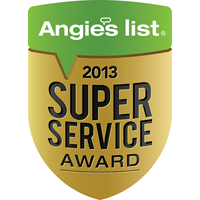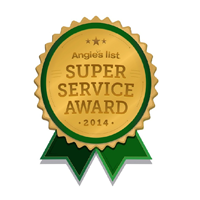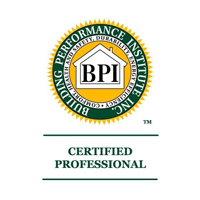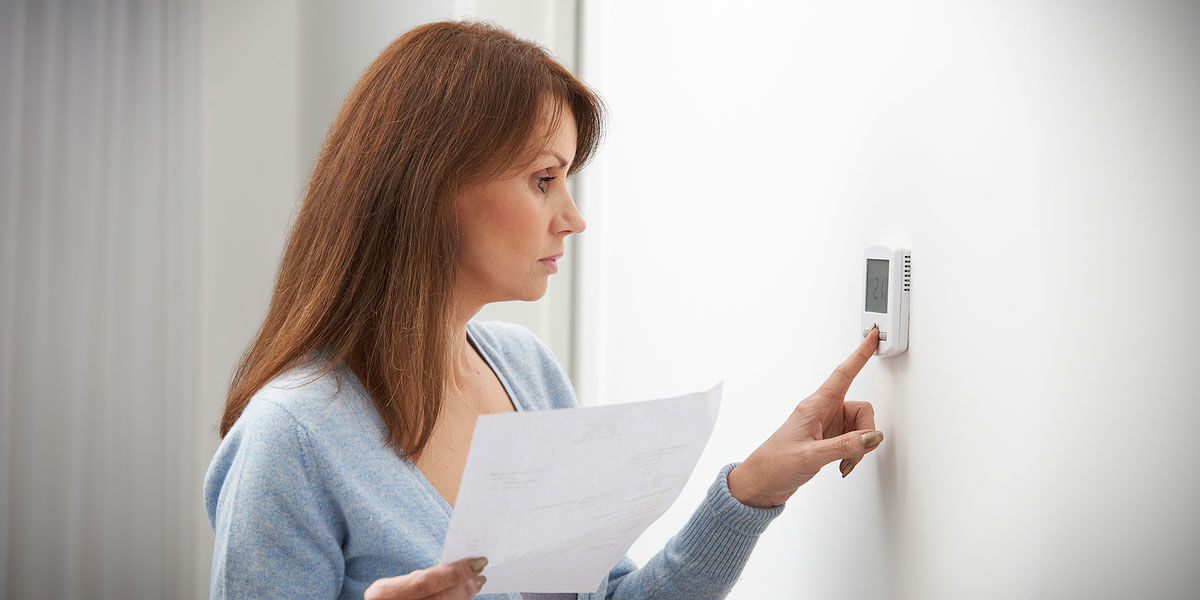The country’s focus on “going green” grows every day. You see commercials for greener cars; you buy recycled materials; you insulate to conserve energy in your home. Although the “green” movement is helping to decrease our country’s impact on the earth, many companies simply use this growing green interest as a marketing tactic to boost their sales.
Companies across the country (and across professions) are greenwashing—making their products seem more environmentally friendly than they actually are. With so many companies promoting the “green” movement, it can be hard to tell which green products will actually help you to help the environment. Tristan Roberts at Building Green composed a list of the different types of greenwashing to watch out for when you navigate the “green” industry:
First, it is important to know what “green” actually means.
In 2011, 97% of Americans reported knowing what marketing claims such as “green” and “environmentally friendly” mean. Although people believe they know about these terms, 41% of the country thinks that this means the product has a positive, beneficial impact on the earth, whereas only 29% understand that it means that the products have a reduced environmental impact compared to that of their competitor.
The first type of greenwashing is “green by association.”
A company will cover their advertisements with environmental images and terms, even if their product has no green benefits. For example, the commercial for the newest SUV shows the car driving through a forest, blending in perfectly with the nature around it. Realistically, this car is waiting in a paved lot, thirsty for gasoline. Also, housing developments will often name streets after some of the nature that the houses demolished, such as “Hemlock Lane.”
Many products will only be partially advertised in order to make them sound more earth-friendly.
When companies only give you a vague description of the product and cannot say why their product is green, this lack of definition is a red flag. At Dolphin Insulation, we can give you many reasons why our cellulose insulation and air sealing techniques have fully green benefits. We back up our claims to help make your home more environmentally friendly. Not only do we provide you with any information that you want, but we also demonstrate a green home through the numbers.
The third greenwashing technique is unproven claims.
This is when a company will make claims about their “environmentally-friendly” product, but cannot or will not provide any evidence to back them up. This gives companies a lot of room to make up false claims. As the consumer, it’s your responsibility to ask for further information about why the product you are looking at is “green.”
Be careful of the company who will build from a truthful claim to make a new, unproven claim. For example, a company claims that their product is resistant to mold growth, and thus concludes that their product will improve the health of the occupants. While the initial claim might be true, the company did not provide any details as to why or how the two claims work in unison.
Companies often forget the green cycle.
A green product is earth-friendly from its production to its decomposition. For example, our cellulose insulation is made from recycled newspaper, and will not harm the environment if it is disposed of. Cellulose has a complete green cycle. Our exclusive cellulose supplier, National Fiber, even recycles the bags from the cellulose when we are finished insulating your home.
Sometimes a company will use one of their green products to bait you into buying other products that are not environmentally friendly.
They will focus the bulk of their marketing on this single “green” product so that you learn to associate the company’s name with “green.”
Lastly, there is the most obvious greenwashing technique: outright lying to customers.
A company either intentionally or unintentionally ignores the truth behind the environmental impact of their product. Right away, you receive information with no foundation in any facts.
To avoid falling victim to greenwashing, make sure you do your research! Ask companies about their green products, and trust the ones that give you all of the information. At Dolphin, we back up our claims that cellulose insulation is a true “green” product that will leave a smaller impact than other types of insulation while controlling your home’s temperature and lowering your bills.















